Home » Blog » 如何撰寫研究英文論文的致謝辭(acknowledgements)?
如何撰寫研究英文論文的致謝辭(acknowledgements)?
作者: Wallace
發布日期: 2011 / 11 / 25, |
39806 |
人已瀏覽 |
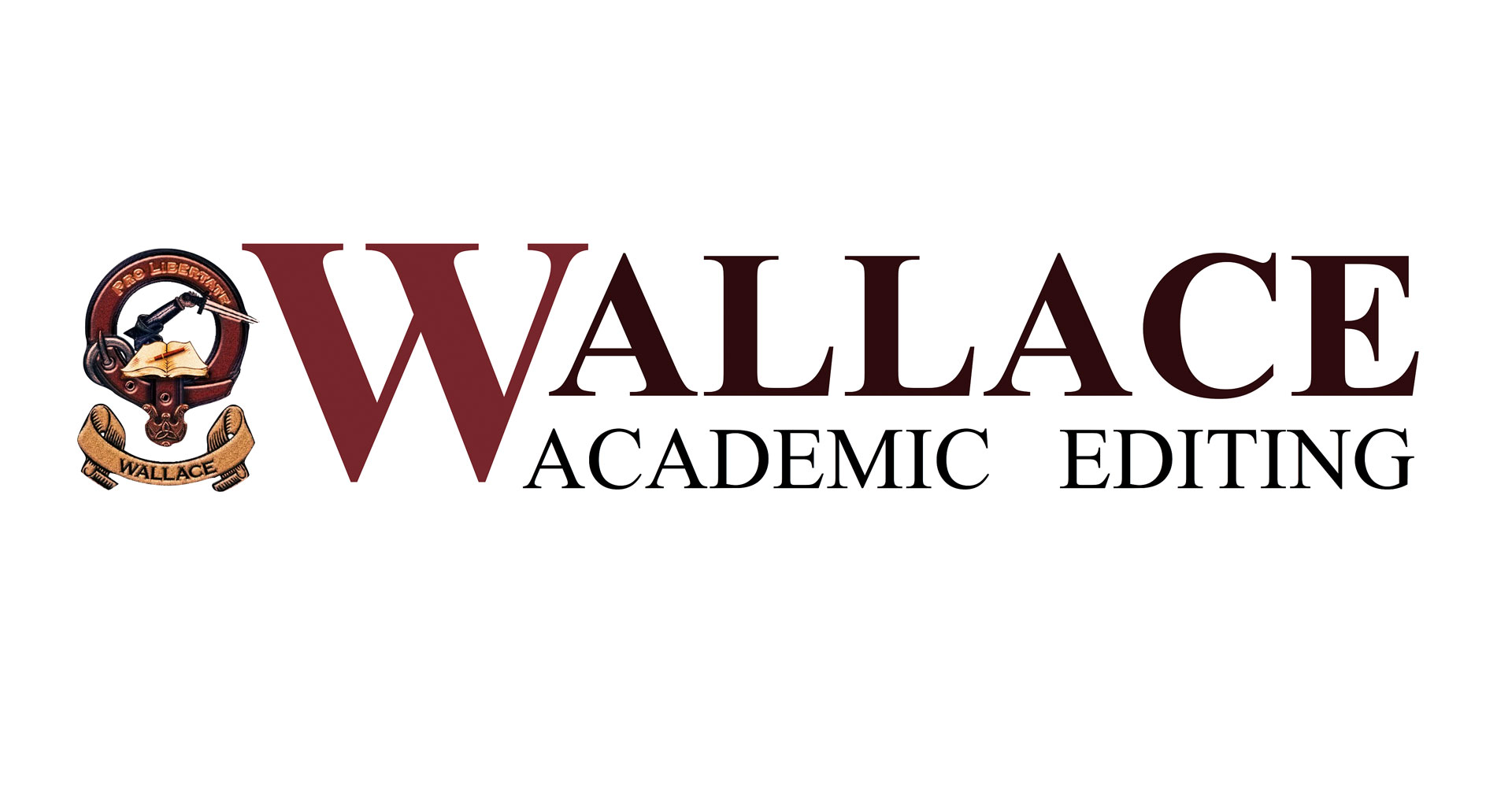
以下是與華樂絲合作過的客戶

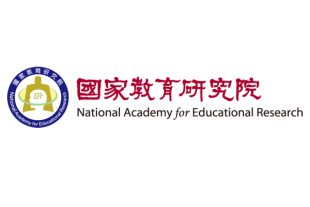
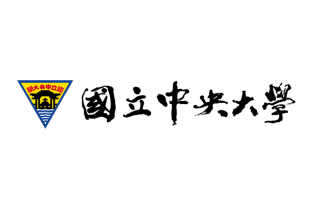
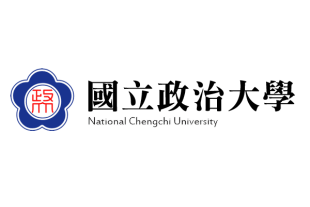
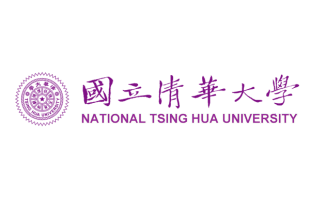

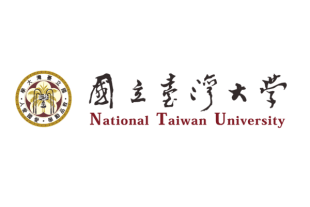
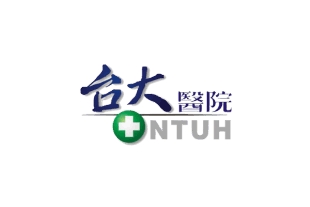
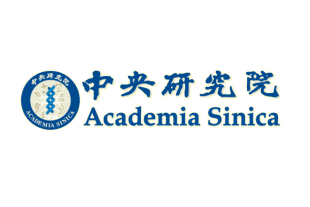
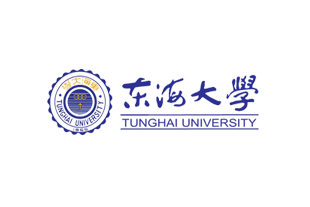










問題:由於一時疏忽,忘了在我的研究論文感謝辭內提及經費支助的機構。原本以為他們會對論文已被發表在期刊內感到高興,相反的,他們卻將要停止我所有的研究經費。我不確定該如何撰寫我研究論文中的致謝辭,我該感謝哪些人?有哪些考量?另外,您可以提供一些可使用於致謝辭當中的例句嗎?
– R.C., 國立交通大學
答覆:
所謂的「致謝辭」就是除了作者本身以外,其他對此研究論文有貢獻的人員都應列於致謝辭之中。
致謝辭置於稿件主內文的最後,介於結論以及參考文獻之間。以下列舉應感謝的人,包括:支援技術的相關人員、協助寫作內容的同儕,或是提供所有相關支援的系所主任,也應對提供經費以及資源的人員或單位(包括研究計畫補助)表達感激之意。
提供研究資源的人員,但與著作沒有直接關聯性,我們可藉以標題式抬頭一一感謝這些人員,例如 clinical investigators (臨床研究者)或是 participating investigators (參與的研究人員),並描述其職責及貢獻。
| 相關文章推薦:在學術寫作裡敘述研究貢獻以及展現個人風格 |
如在一跨醫學中心的研究中,參與的人員、合作的醫師以及科學家可能為數眾多,此時可使用 served as scientific advisors(提供科學指導)、collected data(蒐集數據)或 provided and cared for study patients(提供研究個案和照顧個案)。
由於讀者可能會預設這些被提及的人員將為這些數據及結論背書,身為作者最好是先取得這些人的書面同意,並特別闡述其個人的貢獻。
致謝的內容應包含:
- 技術支援
- 資料收集上的幫助
- 寫作上的協助
- 經費上的支援,例如:補助計畫
- 研究團隊的指導
- 在一大型跨中心計畫中的部份貢獻
| 相關文章推薦:研究合作:我們需要為研究計畫簽「合作前協議」嗎? |
長度
研究論文的致謝辭相對於書本的致謝辭短了許多,多為一句至數句之間,佔篇幅僅數行。
致謝辭的位置
此文章中所有的致謝辭範例皆取自於研究論文最後的部分,包括:
- 參考文獻之前,並於一獨立的標題之下
- 最後的註解之一
標題
- 無須標題(致謝辭是列於註腳中)
- 使用Acknowledgements(適用於多數列於參考文獻前的致謝辭)
- 使用單數的Acknowledgement(某些參考文獻前的致謝辭)
致謝辭應包含的元素(附例句)
致謝辭中通常會包含以下五個元素,但每個期刊要求略有不同。
- 前言
- 先前文章的研討會版本、引用其它作者的資源以及承認其著作權
- 感謝
- 感謝經費之來源
- 免責聲明
[致謝辭元素範例]
1. 前言
The authors would like to thank all colleagues and students who contributed to this study.
2. 先前文章的研討會版本、引用其它作者的資源以及承認其著作權
This paper originally appeared in System 21(2): 231-244, 1993 and is a revised version of a paper originally presented at the 24TH Annual TESOL Convention. San Francisco, march, 1990. Some of the materials presented in this paper were first published in TEXT 20(4)2000, Walter de Gruyter, Germany. The author’s are grateful for the publisher’s permission to reprint the materials here.
3. 感謝
- Thanks for helping in (e.g., data collection and analysis, learning to access material).
- Thanks for commenting on an (early) draft of the work/part of the work.
- Thanks for permission to use material.
- Thanks for permission to refer to material.
- Thanks for permission to draw on material for the examples in the work.
- Thanks for letting the author make use of material.
- Thanks for allowing to use material.
- Thanks for contribution to the work.
- Thanks for collaboration (during preliminary investigations).
- Thanks for assistance (with recording and transcription).
- Thanks for (constructive) criticism (of an earlier version of the work/part of the work).
- Thanks for (helpful) comments on the work/part of the work.
- Thanks for discussions (e.g., which helped to develop ideas put forward)
- Thanks for cooperation.
- Thanks for submission to be guinea pigs for the project.
- Thanks for teaching the author (e.g., what he knows about the subject).
- Thanks for enhancing the quality of the work.
- Thanks for advicing on (e.g., the experimental design).
[Note: The work = (part of a/n) draft, paper, study, chapter, experiment]
Additional ways to thank contributors:
- The author wishes to acknowledge (the help of Professor Chen in developing the study design)
- My thanks go to Professor Lee of PROGRAM/INST for help with the project.
- My thanks go to Professor Wang (E-MAIL ADDRESS) for his guidance.
- The authors would like to thank Professor Chen (e.g., who contributed to this study).
- We are grateful to Dr. White for Dr. White’s advice, and to H.M.
- I am grateful to Professor Yang for guidance.
- We thank Professor Yang and Professor Chen for their expertise.
- I am (very) grateful for the contributions of Dr. Smith.
- This project would not have been possible without the contributions of P.L.
- Other researchers whose advice I made use of include: ( . . . )
- (Above all) I wish to thank Dr. Yang . . .
- I would like to express my thanks to Dr. Wang for help with analysis.
- I should like to acknowledge the advice of Professor Yang . . .
- The work was (greatly) enhanced by the (gracious) assistance of Dr. Yang and Dr. Lin.
- Thanks also to Dr. Li, whose advice was invaluable.
4. 感謝經費之來源
The work was supported by the Research Support Scheme of the INST/*PROGRAM, grant no. X. This work was supported through INST/*PROGRAM. This research was supported by X-GRANT, an external award from INST.
5. 免責聲明 (非必要)
The errors idiocies and inconsistencies remain my own.
[期刊論文的致謝辭範例]
這些致謝辭位於:
- 參考文獻之前(independent references):1, 2, 3, 4, 5, 6
- 註腳:7, 8, 9, 10, 11
1. I am grateful to Professor Huang for letting me make use of his corpus of text from New Scientists, and also for his helpful comments on the first draft of this paper. Other friends and colleagues whose comments and ideas I made use of include Professor A, Professor B and Professor C. Above all, I wish to thank my students who have cheerfully submitted to being guinea-pigs for the development of data-driven learning, and who have taught me most of what I know about it. The errors idiocies and inconsistencies remain my own.
2. ACKNOWLEDGEMENTS
The authors would like to thank all colleagues and students who contributed to this study. We are grateful to Dr. XX01 for her collaboration during preliminary investigations, and to our Research Assistant, XX02, who assisted with recording and transcription. We thank the editor and series editor for constructive criticisms of an earlier version of this chapter.
3. ACKNOWLEDGEMENT
The author wishes to acknowledge the help of Dr. Z in data collection and Dr. X in commenting on an early draft of the chapter.
4. ACKNOWLEDGEMENTS
I am very grateful for the cooperation and interest of the professor and students who took part in this phase of my ethnographic study. It would not have been possible without their help. This research was supported by an Earmarket Grant, an external award from the University Research Grants Council of Taiwan.
5. ACKNOWLEDGEMENTS
This work was supported by the Research Support Scheme of the Open Society Institute/ Higher Education Program, grant no. 285/97, and through a national Academy of education/ Spencer Postdoctoral Fellowship.
6. The quality of this experiment was greatly enhanced by the gracious assistance of Professor L and Professor M, reading teachers, who carried out the experimental treatments in their classes. Thanks also to Professor K, Depth. of Maths and Computing at National Taiwan University, Taiwan, whose advice on experimental design and help with subsequent analysis was invaluable.
7. I am most indebted to Dr. S for helping me learn to access the system and allowing me to use his personal terminal.
8. This paper originally appeared in System 21(2): 231-244, 1993 and is a revised version of a paper originally presented at the 24TH Annual TESOL Convention. San Francisco, March, 2010. I should like to acknowledge the helpful comments of Professor W and Professor G on an earlier draft.
9. Some of the materials presented in this paper were first published in TEXT 20(4)2000, Walter de Gruyter, Germany. The author’s are grateful for the publisher’s permission to reprint the materials here.
10. I would like to express my thanks to Professor R and Professor Y for permission to draw on their dissertation studies for the examples in this paper, and for the discussions which helped me develop the ideas put forward here.
11. I. My thanks to Dr. J of CALS, Reading University, for permission to use this component of RAT.
II. My thanks to Professor Chen for permission to refer to the international Corpus of Learners’ English.
III. My thanks to Professor Smith of National Chiao Tung University for permission to refer to PICLE.
最後的叮嚀:
去年我聽到一位期刊主編對於致謝辭的看法,他說:「當我看見一篇我審閱過的論文發表於期刊內,我的第一個動作就是翻到論文的後頭,看看作者是否有在 致謝辭中表達對我的感激;如果沒有,我會記住這名作者的姓名。」
由此可見,主編及審稿人或許真的在乎您是否有對他們表達謝意。保險起見,您可加上“We would like to thank two anonymous (unknown) reviewers and the editor for their comments.”,這會是個明智的做法。
| 相關文章推薦:期刊編輯想要什麼? 期刊投稿準則:「應該」與「不該」做的事 |
參考文獻
International Committee of Medical Journal Editors. Uniform requirements for manuscripts submitted to biomedical journals. Updated January 2010. Available at: ncbi.nlm.nih.gov. Accessed May. 25, 2020.
Singapore Med J 2009; 50(6): 563-566
額外相關閱讀推薦:
希望我們的英文寫作、英文文法教學及論文期刊投稿指導文章有幫到您!
若有英文編修需求,請試試我們的免費300字試用服務,華樂絲英文編修品質絕對會讓您滿意:
訂閱電子報
提供英文文法、中英翻譯、英文寫作技巧以及碩博士生涯規畫等,專為台灣碩博士生與研究者量身打造的學習內容。每週自動寄送至您指定的Email信箱,隨時都能取消訂閱。
超過 315,000 名中港台碩博士生與研究人員訂閱
華樂絲服務項目
文章搜尋
文章分類
演講活動
|
2020.11.27 - 國立臺北科技大學 |
|
2020.11.19 - 工業技術研究院 |
|
2020.11.17 - 國立臺灣大學 |
|
2020.6.16 - 工業技術研究院人力處 |
|
2020.2.6 - 國立交通大學產學運籌中心 |
| 邀請Dr. Steve Wallace演講 |

